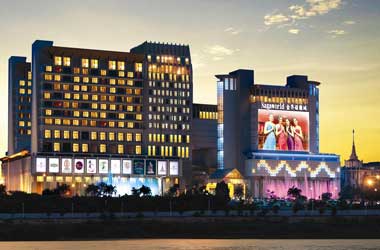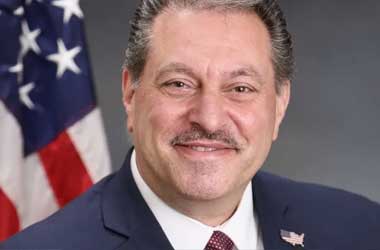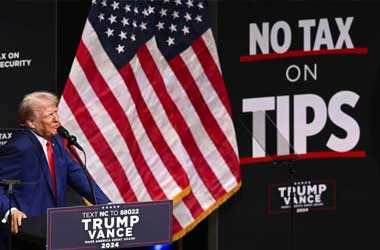 NagaWorld located in Phnom Penh, Cambodia is the biggest casino in the country and is being audited this year as well for additional tax liabilities on its non-gaming revenue after authorities was found last year that there were discrepancies in its reported income.
NagaWorld located in Phnom Penh, Cambodia is the biggest casino in the country and is being audited this year as well for additional tax liabilities on its non-gaming revenue after authorities was found last year that there were discrepancies in its reported income.
As a result, the Cambodian government has launched the first-ever government audit into the casino.
In a statement, Ros Phirun, deputy director of the finance industry department at the Ministry of Economy and Finance (MEF) said,
The audit is ongoing and we have yet to finalize how much NagaWorld owes for their non-gaming operations. The reason why we are doing this is because we found last year that they needed to pay more [in taxes]
NagaWorld Phnom Penh
NagaCorp Ltd, the owner of the casino has been benefiting from a highly advantageous tax arrangement where it pays an effective tax rate of barely 2 percent on gaming revenue. Additionally the casino operator has a 41-year monopoly on gambling in an area covering a 200 kilometre radius around Phnom Penh. Last year, the casino operator paid $6.9 million in taxes on gross profit earned on record revenue of $327.8 million.
For non-gaming revenue as well, NagaWorld has an agreement in place whereby it pays a lump sum tax amount to the government, which began at a monthly base rate of $30,500 in 2002 but has climbed to $214,338 per month in 2015 due to mandatory annual reviews. The arrangement allows the casino to avoid paying direct taxes on non-gaming revenues. The casino has to pay other taxes such as withholding tax, standard profit tax, value-added tax as well as tax on unmovable assets.
Last year, the government asked the company to pay an additional tax amount of $9.4 million after it completed an audit of the casino’s non-gaming operations including its hotel, restaurants and other entertainment facilities. NagaCorp however explained the additional tax amount differently in its annual report, calling it a one-off payment as it has been exempt from any additional tax payments as a result of a seven year grace period given to it under a 2006 agreement for completing the construction of its flagship hotel.
While Phirun acknowledged this agreement, he said that the government had been waiting for the launch of the new hotel facility. He added that now as a publicly traded company, the casino operator must follow all regulations of the land and would be audited annually.
Mey Chan Veasna, a statistics official at the MEF’s finance industry department who is in charge of this year’s audit has said that the casino operator will be required to pay over $10 million this year as additional non-gaming taxes.

 United States
United States United Kingdom
United Kingdom














